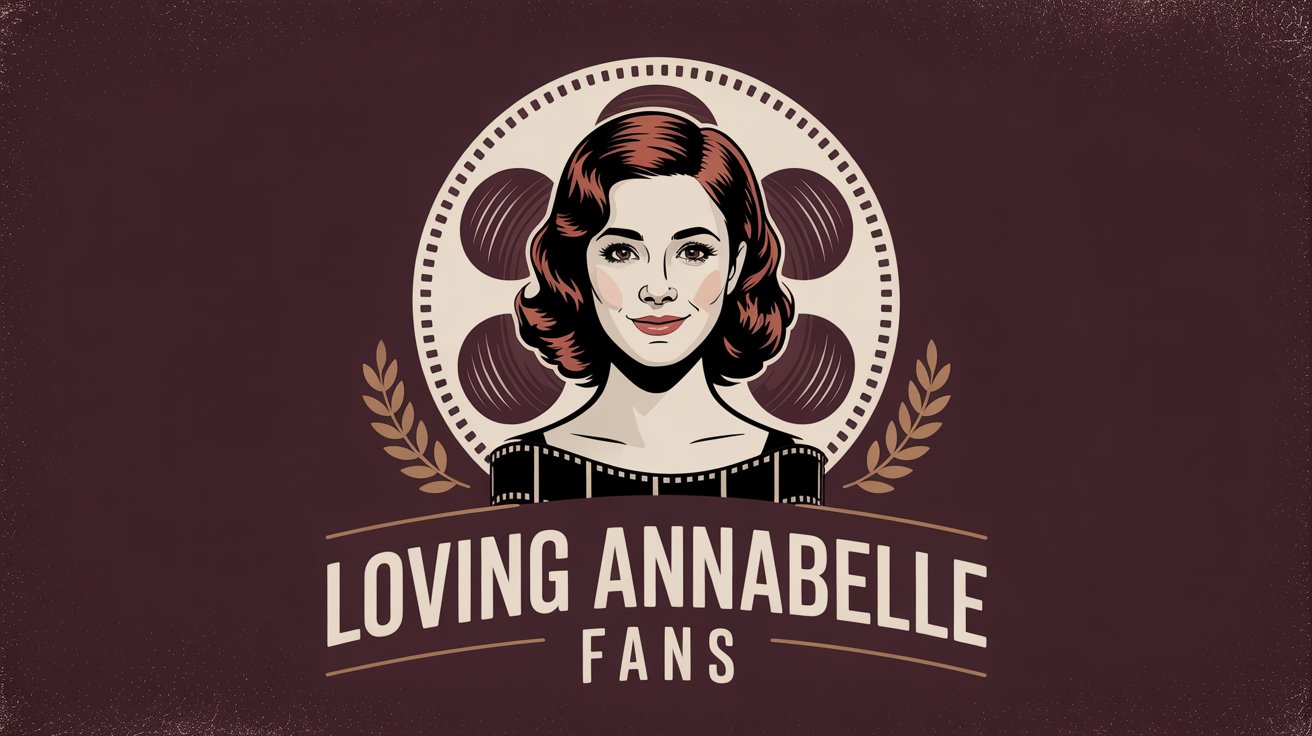A Dazzling Revival of Ragtime at Lincoln Center Theater
Director Lear deBessonet makes a commendable choice for her inaugural season as Artistic Director of Lincoln Center Theater by bringing back the grand yet imperfect musical Ragtime. Originally premiered on Broadway in a heavy production back in 1998, this revival aims to breathe new life into the classic. If we were to focus solely on the first act, which includes a stunning opening number that sets the tone both musically and thematically, we would commend deBessonet for a remarkable reclamation.
The Challenges of Ragtime‘s Second Act
However, Ragtime’s second act has long been a point of contention. The sequence of power ballads and the challenges in Terrence McNally’s book to streamline E.L. Doctorow’s sprawling 1975 novel make this section problematic. Although deBessonet and her brilliant cast—including the powerful Joshua Henry—come close to addressing these issues, Ragtime remains a flawed masterwork of its time.
The Musical Score and Themes
Featuring a rapturous score by Stephen Flaherty and Lynn Ahrens, Ragtime is packed with grand numbers that resonate deeply, particularly the extraordinary opening number. This piece sets the stage for Doctorow’s central theme: America itself. Staying true to the spirit of the novel, Ragtime illustrates the notion of America as a melting pot, a place still finding its footing on the path to justice and equality in the early 1900s.
Character Interactions and Plotlines
The prologue presents us with three primary groups of characters destined to intersect in various ways throughout the musical. We meet a well-off white family from New Rochelle, a Black community in Harlem, and Jewish immigrants newly arrived from Eastern Europe. The spectacular opening number brilliantly introduces these three groups, showcasing how their paths will intertwine as if to demonstrate the vibrant tapestry that is New York City.
Intermingling Lives: The Main Characters
The central intertwined stories include:
- A white upper-middle-class family from New Rochelle: Father (Colin Donnell), Mother (Caissie Levy), Younger Brother (Ben Levi Ross), and little Edgar (Nick Barrington). Mother discovers an abandoned infant in her garden, a child left by Sarah (Nichelle Lewis), Coalhouse Walker’s lover.
- Tateh (Brandon Uranowitz) and his daughter grapple with life in the harsh tenements of New York City, unsure of their future.
Historical Figures and Their Impact
Unlike Miloš Forman’s 1981 film adaptation, this musical honors Doctorow’s brilliant concept of blending real-life historical figures—like anarchist Emma Goldman, illusionist Harry Houdini, and vaudeville star Evelyn Nesbit—into the fictional narrative. This amalgamation of fact and fiction serves as Ragtime‘s secret strength.
Outstanding Performances
Emma Goldman is portrayed by Shaina Taub, contributing to the powerful ensemble that provides this revival with profound energy. The score by Flaherty and Ahrens features some of modern musical theater’s most unforgettable numbers. Highlights include the iconic opening number, the heart-wrenching "Your Daddy’s Son," and “Wheels of a Dream,” expertly performed by Henry and Lewis.
Streamlined Plot Summary
To distill Doctorow’s intricate novel, the plot can be summarized as follows: Mother from New Rochelle discovers an abandoned baby; Coalhouse Walker reunites with Sarah and their child; and impoverished Tateh and his daughter eventually intersect with the lives of Mother and Edgar.
Unique Musical Melding
The score’s brilliance lies in how it intertwines the distinct sounds of each community—operetta for the New Rochelle family, gospel and ragtime for the Harlem residents, and klezmer for the Jewish immigrants—creating a rich, unforgettable experience.
Minimalistic Stage Design
Drawing from its Encores! roots, this Broadway Ragtime employs a mostly minimalist stage, utilizing David Korins’ scenic design with wheeled staircases for various scene settings. Projections by 59 Studio add an impressionistic backdrop, while Linda Cho’s costume design is always spot-on.
Strengths and Weaknesses of the Revival
While the second act falters with repetitive songs and storytelling, it compensates with standout numbers like “The Night That Goldman Spoke At Union Square,” “Till We Reach That Day,” and “He Wanted To Say.” Despite a few missteps, including a humorous baseball number that feels unnecessary, the Flaherty-Ahrens score remains Ragtime’s crowning achievement.
Directorial Perspective
Although deBessonet could have provided a clearer focus on the immigrant narrative—especially relevant today—she draws out exceptional performances from her uniformly talented cast. Henry (from Carousel) reaffirms his place as one of Broadway’s premier singers, while Lewis, the tragic Sarah, makes a lasting impression. Levy excels as Mother, Uranowitz almost steals the show, and Taub is compelling as Goldman, raising questions about missed plot opportunities regarding her interactions with showgirl Evelyn Nesbit.
Conclusion: A Musical Worth Rediscovery
Despite its imperfections, Ragtime, like its ’90s contemporaries Titanic and Parade, offers a chance to be rediscovered. DeBessonet embraces this challenge successfully, reviving a near-classic that proves Ragtime deserves its place among the most significant musical theater achievements of its decade.
Show Details
- Title: Ragtime
- Venue: Broadway’s Vivian Beaumont Theatre
- Director: Lear deBessonet
- Book: Terrence McNally, based on the novel by E.L. Doctorow
- Music: Stephen Flaherty
- Lyrics: Lynn Ahrens
- Cast: Joshua Henry as ‘Coalhouse Walker, Jr.’, Caissie Levy as ‘Mother’, Brandon Uranowitz as ‘Tateh’, Colin Donnell as ‘Father’, Nichelle Lewis as ‘Sarah’, Ben Levi Ross as ‘Mother’s Younger Brother’, Shaina Taub as ‘Emma Goldman’, and others.
- Running Time: 2 hours 45 minutes (including intermission)
